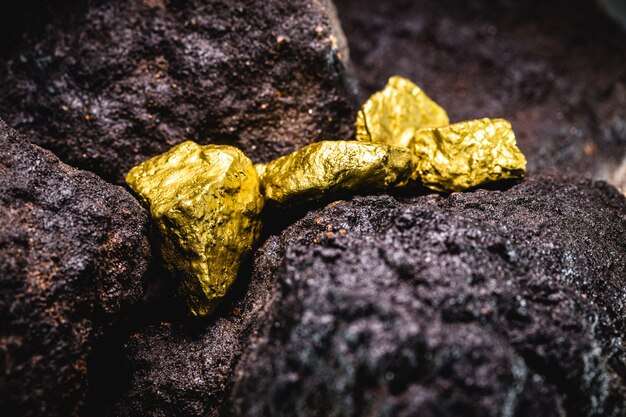Saudi Arabia’s Interest in the Reko Diq Project
Saudi Arabia is exploring the possibility of acquiring partial ownership in the Reko Diq project, which boasts and brags one of the largest untapped copper and gold deposits in the world. This potential equity purchase would involve collaboration with the Pakistani government.
Saudi Arabia is currently engaged in ongoing negotiations with Pakistan regarding acquiring a portion of the government’s stake in a substantial copper project valued at $7 billion, jointly owned with Barrick Gold Corp.
According to the CEO of Barrick, Mark Bristow, the Bristow emphasized that the decision regarding this venture ultimately lies with the Pakistan government. As the CEO of the second largest gold producer globally, he expressed Barrick’s willingness to support any decision made by the Pakistani government in cooperation with the Saudis.
Negotiating a Stake in a Copper and Gold Venture
The Reko Diq project is located in Balochistan, bordering Afghanistan and Iran. It can produce a substantial 200,000 tons of copper and 250,000 ounces of gold annually for more than fifty years. Currently, Barrick Gold owns a 50% stake in the project, while the federal government of Pakistan holds a 25% stake, and the Balochistan regional government possesses the remaining share. Bristow made it clear that Barrick does not intend to dilute its equity in the project.
Expanding Influence with Strategic Mineral Investments
In September, Pakistan’s state-owned energy exploration companies, with stakes in Reko Diq, indicated their interest in exploring potential engagements with sovereign foreign investors, although specific details were not disclosed.
Bristow confirmed the ongoing discussions between Saudi Arabia and Pakistan, signaling the seriousness of the negotiations. Investors and metal producers are actively searching for copper assets, particularly as the demand for battery metals continues to surge.
Major players in the gold industry, such as Barrick and Newmont Corp, have been taking steps to increase their copper production. Simultaneously, countries like Saudi Arabia are looking to secure a more significant foothold in the commodities required to sustain and decarbonize global economies.
Barrick’s commitment to developing the Reko Diq project, with production set to commence in 2028, has generated considerable speculation about potential investors. Bristow mentioned in September that interest has been resurgent from multinational mining companies that were initially hesitant to explore challenging regions worldwide. However, none of these firms have made any public announcements regarding their investment plans.
One noteworthy figure expressing interest in Reko Diq is the Egyptian gold billionaire Naguib Sawiris, a significant investor in the gold mining industry. However, Barrick’s CEO, based in Toronto, has categorically dismissed the possibility of Sawiris securing a stake in the project. Bristow’s statement was unequivocal, stating that Sawiris has practically no chance of acquiring a stake in Reko Diq.
The potential collaboration between Saudi Arabia and Pakistan for the Reko Diq project underscores the global significance of securing valuable mineral resources to meet the growing demand for critical metals and to support the transition to more sustainable and eco-friendly technologies. It is a testament to the strategic importance of such projects and the role they play in shaping the future of the global economy.
A recently unveiled transaction valued at $2.6 billion has laid the foundation for a potentially groundbreaking transformation in the realm of metal and mining investments, marking the entrance of Saudi Arabia as a significant influencer. The pact with Vale SA grants the kingdom a 10% portion in one of the world’s vital suppliers of nickel and copper—indispensable materials crucial for achieving decarbonization.
Furthermore, it has engaged in discussions with Barrick Gold Corp. and other parties regarding potential investments in a substantial copper mine situated in Pakistan, according to sources in the know. The magnitude of the agreement executed unequivocally demonstrates the readiness of the Saudis to allocate substantial financial resources.
CONCLUSION:-
the potential collaboration between Saudi Arabia and Pakistan in the Reko Diq project underscores the strategic importance of securing valuable mineral resources to meet the growing demand for critical metals and support the transition to more sustainable and eco-friendly technologies.
This, along with Saudi Arabia’s recent investments in Vale SA, highlights the Kingdom’s increasing influence in the global mining and metal sector. As the negotiations continue and the Reko Diq project develops, it remains a testament to the role such projects play in shaping the future of the global economy and addressing the evolving needs of a rapidly changing world.


